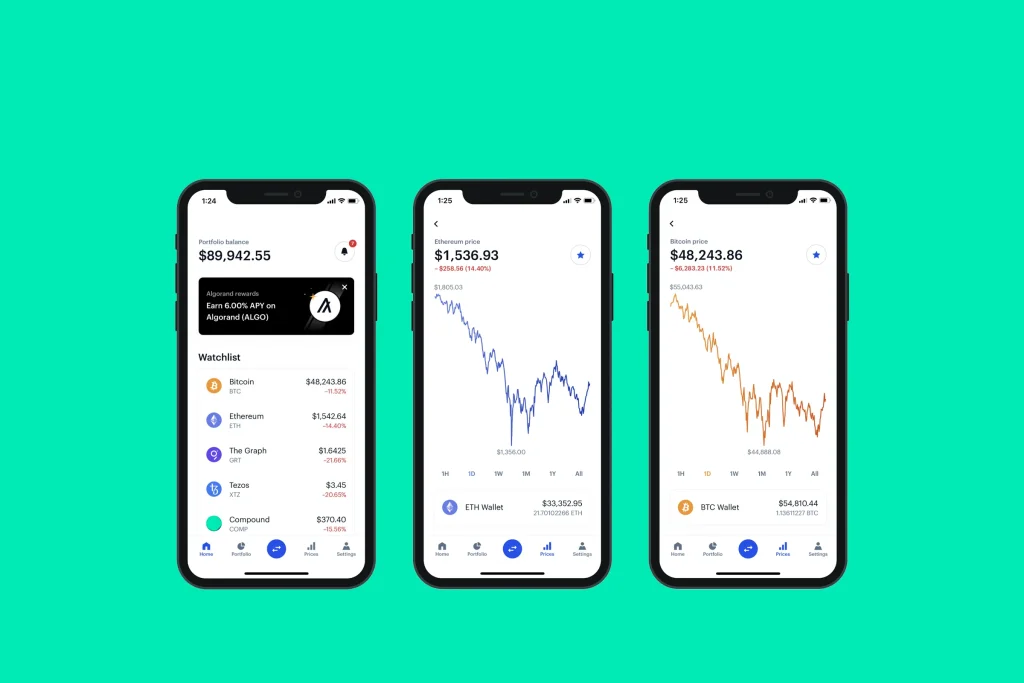The rise of cryptocurrencies has revolutionized the way we think about money and digital assets. With the allure of decentralization and anonymity, many users are drawn to the world of digital currencies, creating a complex web of ownership and transactions. However, as the popularity of cryptocurrencies grows, so does the curiosity surrounding wallet ownership. Whether you’re an investigator, a journalist, or simply a curious crypto enthusiast, understanding how to identify the owner of a crypto wallet can be both intriguing and useful. In this article, we will explore various methods and tools that can help uncover the identities behind these digital wallets while considering the ethical implications involved.
Key Points to Consider
- Understanding Wallet Types: Different wallets offer varying levels of anonymity and security.
- Blockchain Transparency: While transactions are visible, wallet ownership can be challenging to trace.
- Legal and Ethical Implications: Consider the legal aspects before attempting to identify wallet owners.
- Community Contributions: The crypto community often shares insights that can be useful in wallet identification.
The Basics of Crypto Wallets and Anonymity
Crypto wallets are digital tools that allow users to store, send, and receive cryptocurrencies. Each wallet is associated with a public address—an alphanumeric string that functions similarly to an account number. While transactions made with these wallets are recorded on a public ledger called the blockchain, the identities of the wallet owners remain largely anonymous. This design is a core feature of cryptocurrencies like Bitcoin and Ethereum, which prioritize user privacy.

However, anonymity in cryptocurrency is not absolute. Various methods and technologies have emerged that allow individuals and organizations to trace transactions back to wallet owners. These methods range from using blockchain analysis tools to leveraging social media and community insights. Understanding these techniques is essential for anyone seeking to uncover the identities behind crypto wallets, whether for personal reasons or professional investigations.
Tools and Techniques for Identifying Wallet Owners
One of the most effective ways to identify the owner of a crypto wallet is through blockchain analysis tools. These platforms, such as Chainalysis and CipherTrace, specialize in tracing transactions and mapping the flow of funds across the blockchain. By analyzing transaction patterns, they can often determine the services associated with a wallet address, such as exchanges or payment processors. If a wallet has ever interacted with a centralized exchange, it may be possible to link the wallet to a user’s identity if that exchange has KYC (Know Your Customer) procedures in place.
Popular Blockchain Analysis Tools
| Tool Name | Key Features |
|---|---|
| Chainalysis | Advanced transaction tracking and compliance solutions. |
| CipherTrace | Focuses on cryptocurrency risk management and compliance. |
| Elliptic | Provides insights into transaction patterns and associated risks. |
| Blockseer | Allows for visualization of blockchain transactions and clustering. |
In addition to blockchain analysis, social media can be a powerful resource for identifying wallet owners. Many crypto enthusiasts and investors share their wallet addresses on platforms like Twitter and Reddit, often alongside discussions about their investments. By conducting targeted searches for wallet addresses on these platforms, you might find posts where individuals have revealed their identities or discussed their wallets in detail. However, this approach can be time-consuming and may not always yield results, especially if the owner has taken steps to maintain their privacy.
Considerations When Using Social Media
| Platform | Advantages |
|---|---|
| Active crypto community sharing insights. | |
| Dedicated subreddits for specific discussions. | |
| Telegram | Real-time conversations with crypto enthusiasts. |
Ethical Considerations in Wallet Ownership Identification
While the pursuit of identifying crypto wallet owners can be compelling, it raises several ethical concerns. The very nature of cryptocurrencies emphasizes privacy and personal autonomy, so intruding into someone’s financial affairs without consent can be seen as an invasion of privacy. It is important to approach such investigations with respect for individuals’ rights to keep their financial information confidential.

Furthermore, understanding the legal implications of wallet ownership identification is crucial. Depending on your jurisdiction, there may be laws governing data privacy and personal information that could limit what you can legally pursue. Always ensure that your methods align with legal standards and ethical guidelines. Engaging in responsible investigation practices not only protects your interests but also upholds the integrity of the crypto community.
Strategies for Ethical Investigations
- Obtain Consent: Whenever possible, seek permission from individuals before attempting to trace their wallets.
- Be Transparent: If you are conducting research, be open about your intentions and methodologies.
- Consult Legal Experts: Understanding local laws regarding privacy and data collection can help avoid legal issues.
Identifying the owner of a crypto wallet can be a fascinating journey through the intricacies of blockchain technology and digital privacy. While tools and techniques are available to assist in this endeavor, it is essential to navigate these waters carefully, balancing curiosity with ethical considerations.
Useful Resources
- Doubloin – provides various methods for tracing Bitcoin wallet ownership.
- Coinscipher – resource outlines specific strategies to trace Bitcoin wallet owners.
- Crypto News – article discusses several approaches to uncovering the identities behind Bitcoin addresses.


